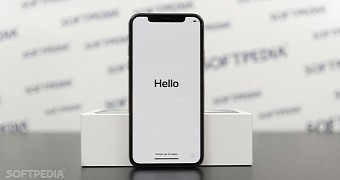Now that Apple has finally resolved iPhone X production struggles and more units become available in stores across the world, the company can concentrate on other things, including the aggressive marketing push that it typically launches when new iPhone generations go live.
Four new advertisements that Apple rolled out this morning do just that, putting the focus on the number one feature introduced with the iPhone X: facial recognition.
Face ID is highlighted in these videos not only as a way to protect the device and authorize payments, but also as the engine powering Animoji, with Apple itself joining the karaoke club that started online after the first iPhone X units were shipped to customers earlier this month.
Apple says Face ID is “the most unforgettable and magical password ever created,” clearly positioning this feature as a secure alternative to Touch ID fingerprint sensor.
Face ID breached several times
And yet, researchers across the world have managed to demonstrate that Face ID may not be as secure as Apple claims, with specially crafted masks that don’t cost more than a couple hundred dollars being able to bypass facial recognition and unlock and iPhone X.
More recently, a Vietnamese security firm that developed such a mask flagged Face ID as insecure for business use, recommending iPhone X customers to stick with the passcode for enhanced protection.
Ironically, Face ID was one of the reasons the iPhone X was delayed, as production of the device started later than planned because of Apple’s struggle to get this tech right. Suppliers experienced very low yield rate at first given the complex nature of this part, and there were even reports that Apple agreed to compromise the accuracy of Face ID and lower requirements in an effort to help partners build the iPhone X faster.
Apple, however, denied these reports and said there’s 1:1,000,000 chance for someone else to unlock the iPhone X with their face, despite all these tests proving otherwise.

 14 DAY TRIAL //
14 DAY TRIAL // 


